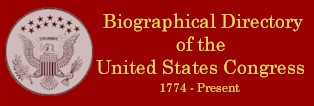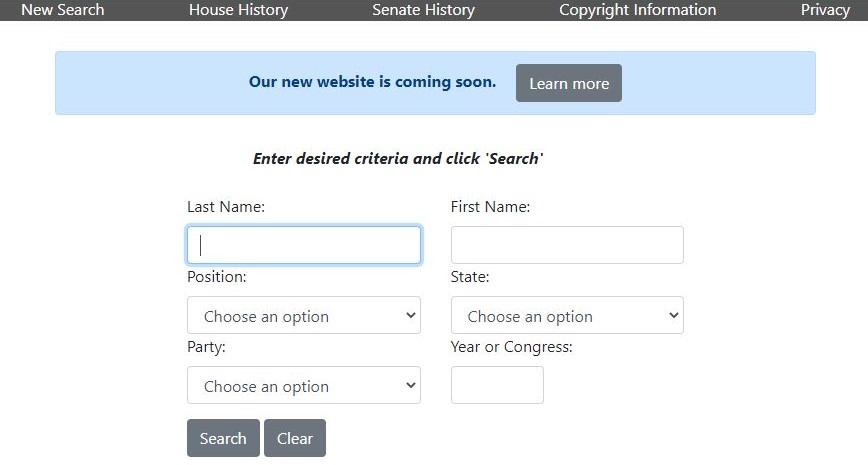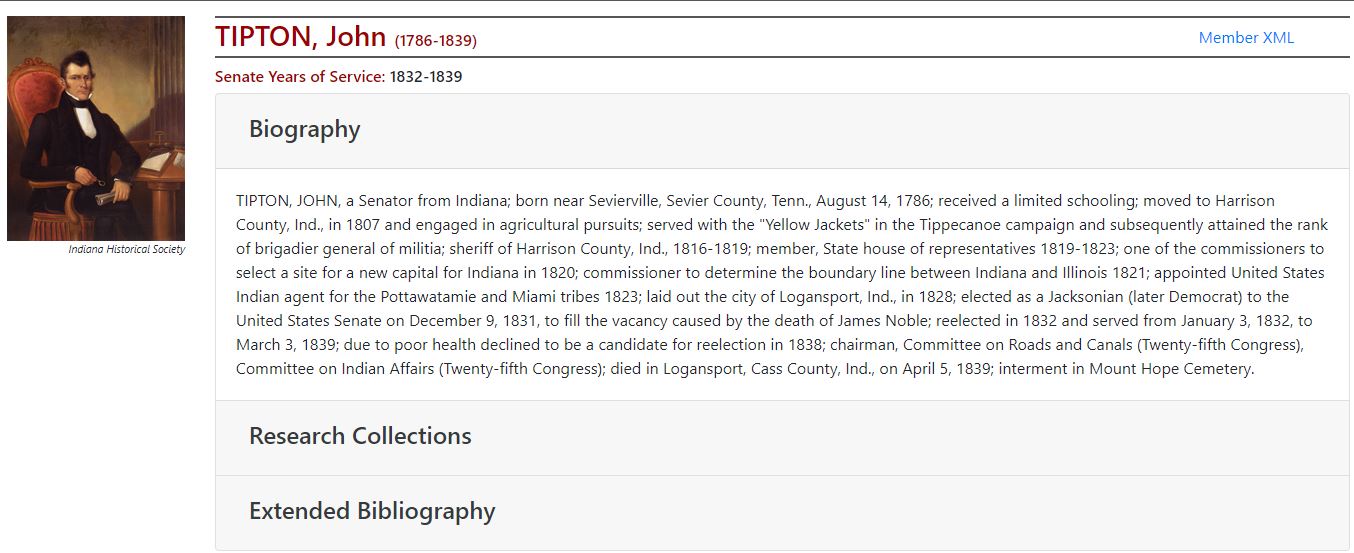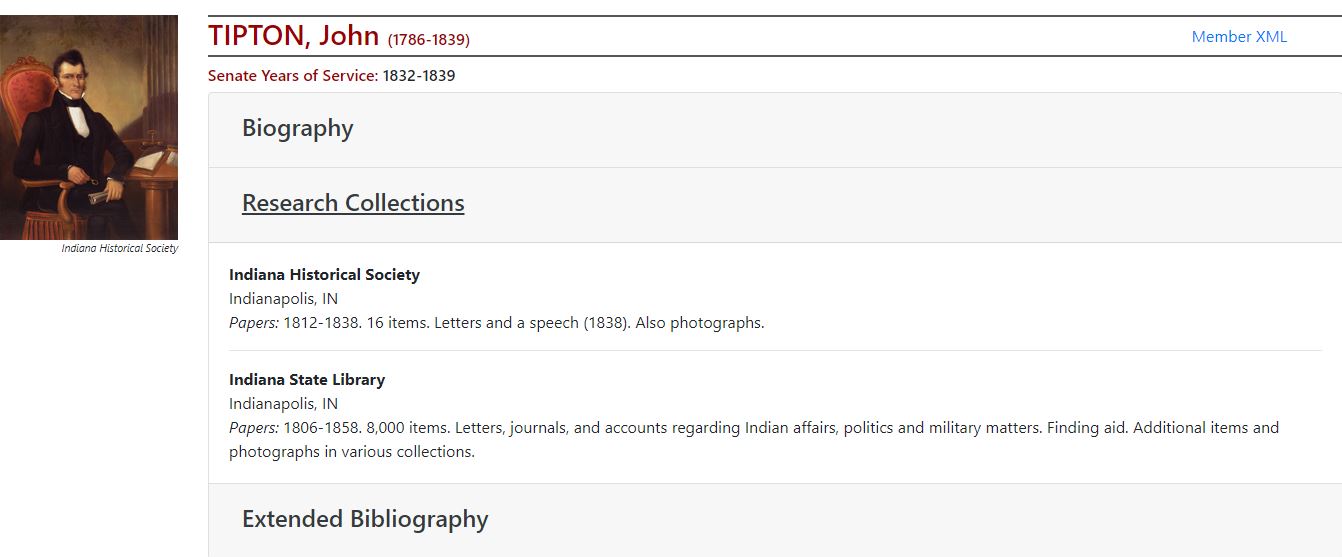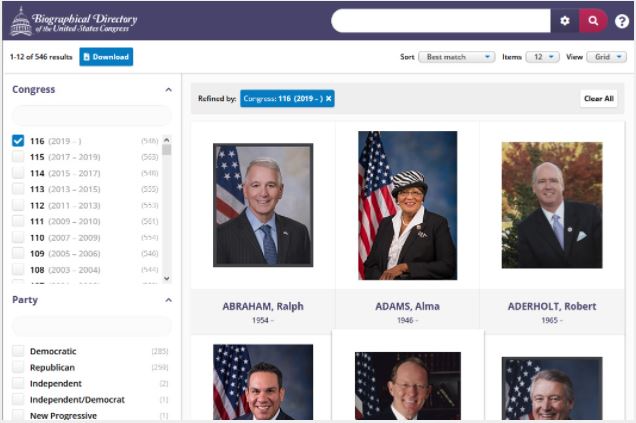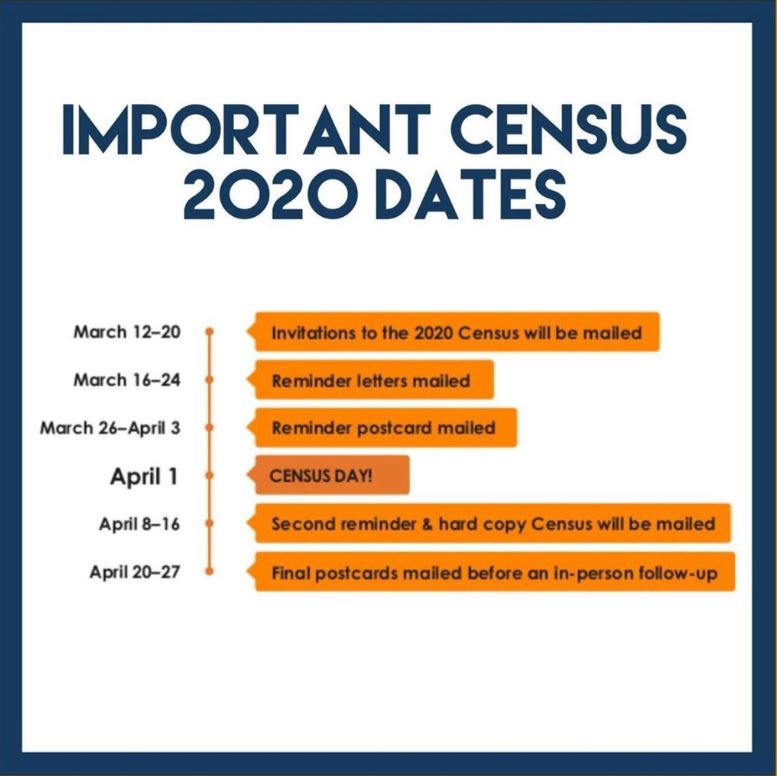As a library employee, do you ask yourself these types of questions:
“I wonder what website development software other libraries are using?”
Or…
“I know I heard about a new tool for tracking reading logs – what was the name of it?”
Or…
“What are some platforms for e-books, e-magazines and digital videos?”
We all know that in this ever-changing technological world, it is hard to keep up. Especially, if you have a zillion things on your to do list. And you might hit a brick wall when doing a Google search for library-related tools.
I was having a hard time keeping up with of all of the new techy tools. I had an idea brewing in my head – kind of a one stop shop for a list of techy tools. So when the world stopped meeting in person back in 2020, I had some extra time to put my idea into practice.
 In August of 2020, I started the Helpful Tools for Libraries webpage on the Indiana State Library’s Continuing Education page.
In August of 2020, I started the Helpful Tools for Libraries webpage on the Indiana State Library’s Continuing Education page.
This is a list of tools that might be helpful to your library. I wanted to curate a list in one place of these tools. It has since broadened to include things like a link to library internships, library security videos and much more. These tools aren’t endorsed by the Indiana State Library and there are certainly other tools out there that I don’t know about. Some of the tools are free and some have a cost. But, they are used by many libraries in Indiana.
This list is not meant to take the place of the library Listservs. Those are invaluable to being able to ask questions in real time and to collaborate with other library staff.
If you know of a tool that you have found to be useful in your library job, just let me know and I might add it to this list. I can be reached via email.
Enjoy the tools!
This post was written by Northeast regional coordinator Paula Newcom of the Indiana State Library Professional Development Office.


